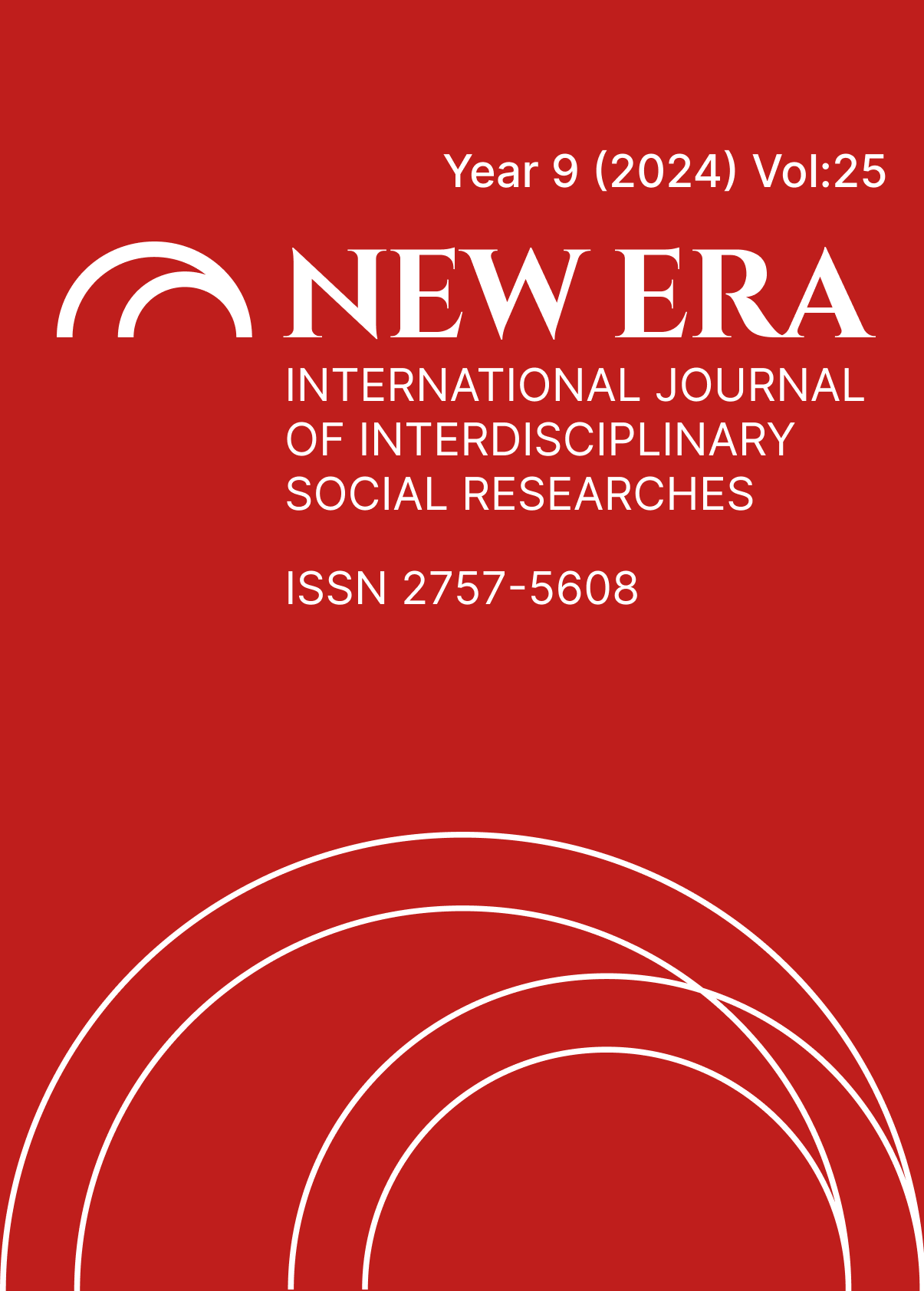“LIKE TRUTH IS BEAUTY, BEAUTY TRUTH” BIOPOLITICS, THE SOCIETIES OF THE SPECTACLE AND THE STONE GODS
DOI:
https://doi.org/10.5281/zenodo.14007504Keywords:
Biopolitics, Society of the Spectacle, The Stone GodsAbstract
Michel Foucault’s concept of biopolitics, intertwined with Guy Debord’s concept of the society of the spectacle, serves as a critical lens for analyzing the post-apocalyptic world depicted in Jeanette Winterson’s novel The Stone Gods. This article explores how this community’s extreme fixation on aesthetics, DNA modification and genetic enhancement aligns with Debord’s notion of society as the spectacle functions as a tool for the operation and the application of biopolitics as Michel Foucault conceptualizes it. Guy Debord, presents a scathing critique of modern society’s transformation into a spectacle, where images and representations dominate social interactions. This article highlights the parallelisms between Debord’s observations, and the fictional community composed by Winterson, where individuals are consumed by their obsessions on their appearances, fostering a culture of a fake self-worth and an obsession with plastic surgeries. Foucault’s biopolitics, on the other hand, examines the relationship between power, politics and life and this interrelationship exposes how control mechanisms that originate from these infiltrate even the most intimate and/or personal aspects of human existence. Winterson’s portrayal of genetic fixing, extreme plastic surgeries and the extreme desires to conform to beauty standards epitomize the societal power dynamics rooted in biopolitics. Winterson’s novel, in this respect, serves as a compelling literary work that sheds light on the complicated interplay between biopolitics, the society of the spectacle and the human body as a space for the operation of power. It demonstrates how these concepts converge to create a disturbing vision of a future/present society marked by extreme obsession with appearances, genetic manipulation and an entailing erosion of individuality.
References
Arvay, Emily. “Ecocide and Empire in Jeanette Winterson’s The Stone Gods”. Green Letters 24/3 (2020), 277-290.
Debord, Guy. The Society of the Spectacle. Trans. Ken Knabb. London: Rebel Press, 1983.
Foucault, Michel. Discipline and Punish: The Birth of the Prison. Trans. Alan Sheridan. New York: Vintage Books, 1995.
---. History of Sexuality, Vol. I: The Will to Knowledge. Trans. Robert Hurley. New York: Pantheon Books, 1986.
---. Madness and Civilization: A History of Insanity in the Age of Reason. Trans. Richard Howard. New York: Vintage Books, 1988.
---. Psychiatric Power: Lectures at the College de France, 1973-1974. Trans. Graham Burchell. New York: Palgrave Macmillan, 2006.
---. The Punitive Society: Lectures at the College de France, 1972-1973. Trans. Graham Burchell. New York: Palgrave Macmillan, 2015.
Lemke, Thomas. Bio-politics: An Advanced Introduction. Trans. Eric Frederick Trump. New York: New York UP, 2011.
Podgajna, Patrycia. “Trans/Post-Humanist Poetics in Jeanette Winterson’s The Stone Gods. Roczniki Humanistyczne LXVI/11 (2018), 87-97.
Weiss, Michaela. “Jeanette Winterson’s The Stone Gods as Trans-world and Trans-gender Dystopia”. The Asian Conference on Cultural Studies 2013 Official Conference Proceedings. (2013), 185-193.
Winterson, Jeanette. The Stone Gods. London: Penguin, 2008.
Downloads
Published
How to Cite
Issue
Section
License
Copyright (c) 2024 NEW ERA INTERNATIONAL JOURNAL OF INTERDISCIPLINARY SOCIAL RESEARCHES

This work is licensed under a Creative Commons Attribution-NonCommercial 4.0 International License.


